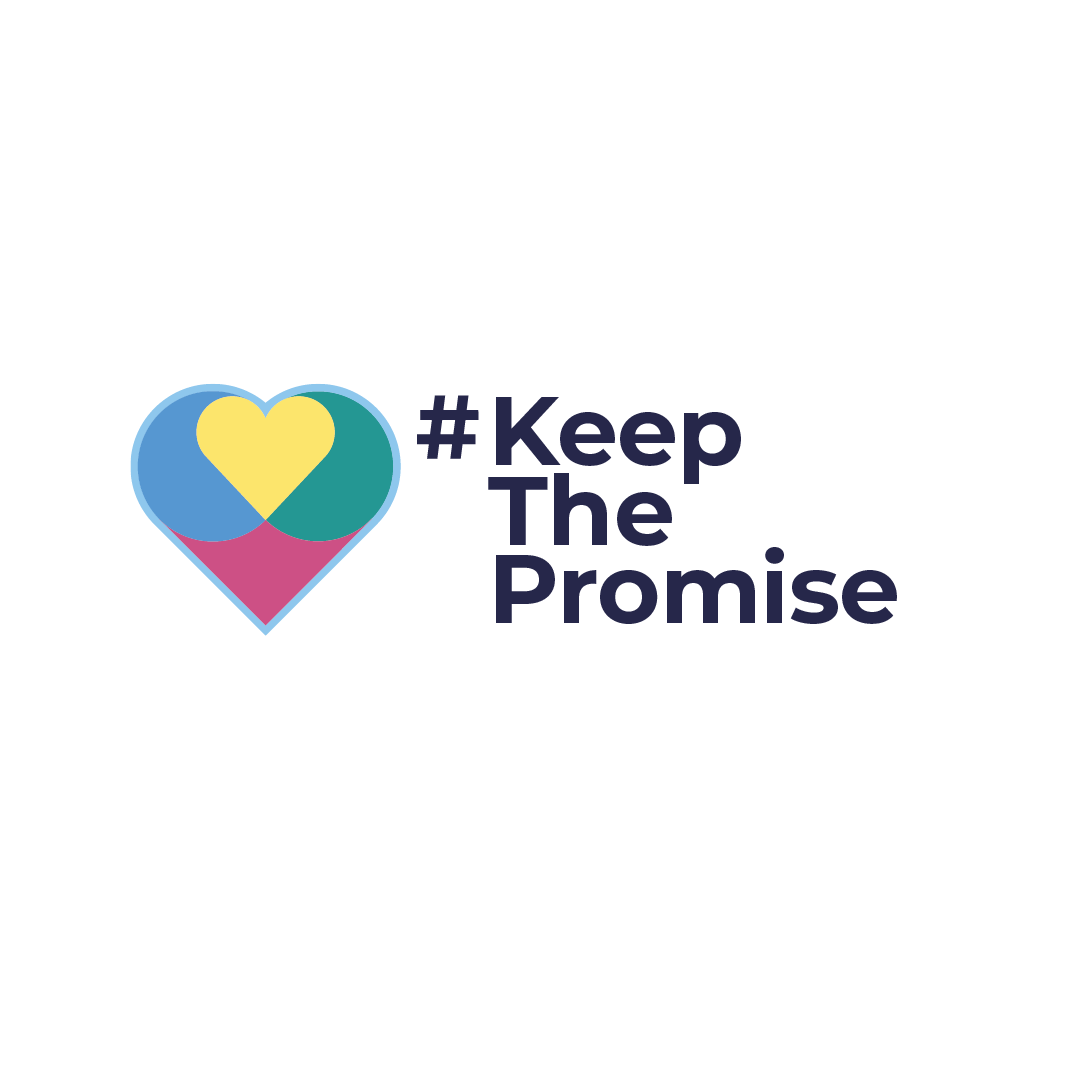'Violence is preventable, not inevitable': International Day of Non-Violence 2022
The Scottish Violence Reduction Unit is a national centre of expertise in tackling violence. Working in partnership with Police Scotland and the Scottish Government, the SVRU aims to prevent violence wherever it’s found from the streets, to our classrooms, homes and workplaces. The SRVU's Director Professor Niven Rennie blogs for us ahead of International Day of Non-Violence (Sunday, 2 October).
On passing the resolution that established the International Day of Non-Violence, the UN reaffirmed the desire "to secure a culture of peace, tolerance, understanding and non-violence". If you start from the point of view that violence is preventable, not inevitable, then a future free from violence is possible. But how do you set about achieving these ambitions and goals?
The Scottish Violence Reduction Unit (SVRU) were the first-ever police members of the World Health Organisation’s Violence Prevention Alliance, and Scotland has been a leader in public health policing for many years. Public health is all about prevention - it is better, and cheaper, to prevent violence happening in the first place than it is to reacting once it has occurred.
Statistics show us that 1 percent of the adult population in Scotland experiences 65 percent of violent crime, and these individuals often live in our poorer communities. The SVRU remains committed to a public health approach to tackling violence – to improving the health and safety of everyone by looking at the underlying risk factors that increase someone’s chances of being either a victim or perpetrator of violence.
Recent national events have seen an increase in poverty – and now we are facing the cost of living crisis, a rise in energy bills, and an increasing number of foodbanks. It follows that an increase in poverty will lead to an increase in the social issues that we face.
I have been calling for a public health response to the after-effects of Covid for some time, for an even bigger collective response than the one we witnessed during the pandemic. There is still so much more we can do when tackling the root causes of these social issues. At the core remains poverty. Progress will only follow when we recognise that fact and provide people from all our communities with the same level of hope and aspiration – we should be providing support, encouragement and opportunity.
For International Day of Non-Violence we need to consider in what kind of society such poverty and desperation can spread. I’m using today to repeat my call for a more compassionate society, promoting tolerance and understanding. To care about the plight of our fellow citizens – to nurture all our children no matter their background and to offer that element of hope without which life can be very bleak indeed.





